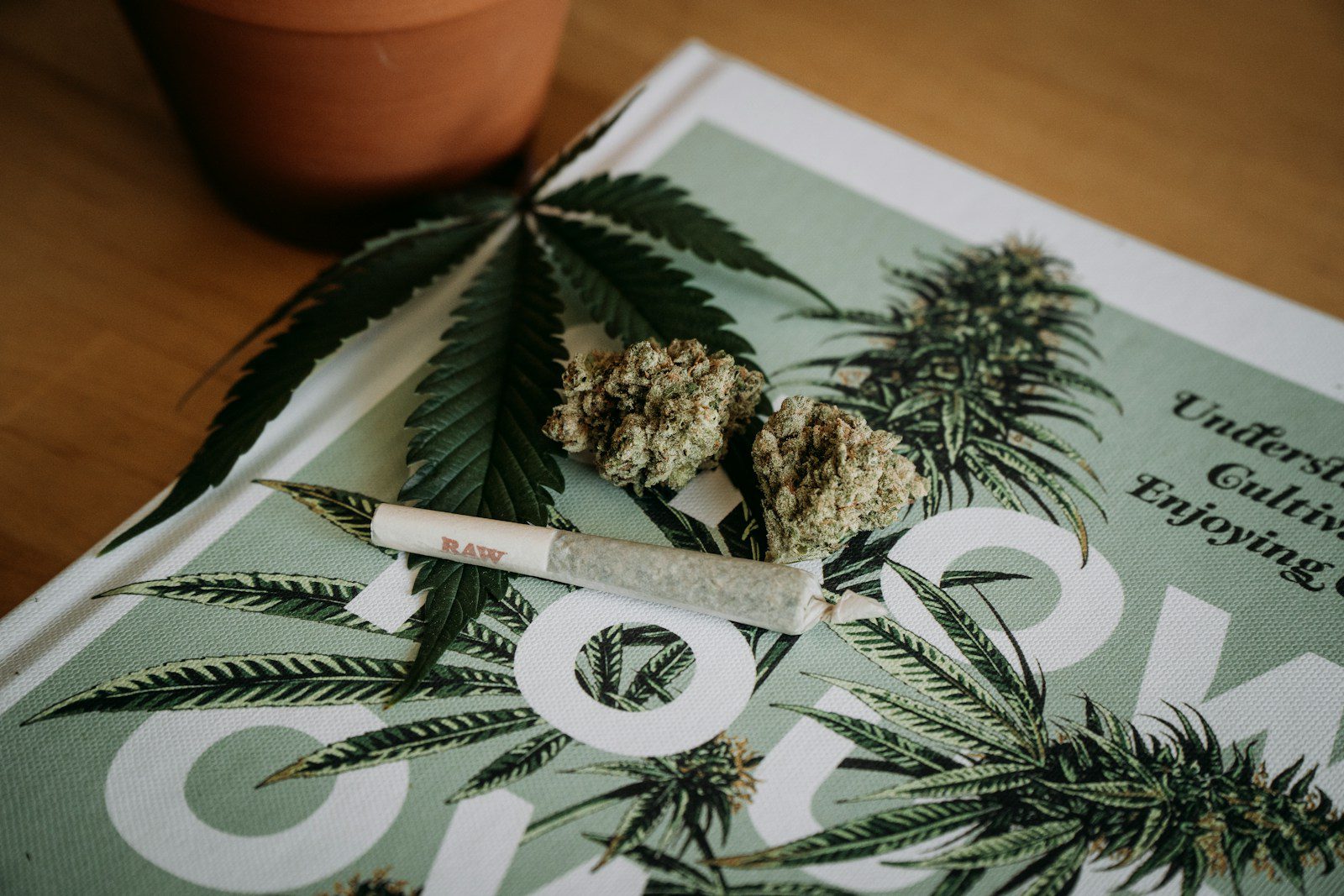Today, more Americans support cannabis legalization than at any point since its prohibition, with 78 percent believing it holds medical value. Though more Americans are consuming cannabis for different reasons, we remain beholden to the idea that stoners are lazy, forgetful, and use it only for recreational purposes. Data proving that the 1 in 5 Americans who identify as stoners are productive members of their communities conflicts with the trope, yet still it lingers like the smell of a freshly-ground, dank nug.
Since data fails to sway our lawmakers or rid us of this stigma, it’s time to speak with our hearts and heads. While everyday stoners continue advocating for cannabis’ federal legalization, we lack the centralized resources and reach of the anti-cannabis groups, which are reinforced by decades of government-sponsored brainwashing and racist, pro-incarceration policies – collectively known as the War on Drugs. To build the broad coalition that reflects today’s stoners, we need those who benefit from the plant, whether medically, recreationally, or financially, to step up to the plate.
Stoners Circa 2022
Today’s stoner is far from the “Cheech and Chong” of the 1970s and 1980s (no disrespect to leaders Cheech Marin and Tommy Chong; their continuing success is a testament to their brilliance as a comedic duo.) Recent studies have shown that cannabis users are diversifying, with 55 percent being parents, 32 percent in marriages, and most between the ages of 35-55. It seems your average stoner is, in fact, your average middle-aged parent, pawrent, or single person. Despite this reality, people (especially parents) who use medicinal cannabis often face judgments from different parts of society.
“The idea of a parent using cannabis will likely always be stigmatized above and beyond what it is for someone without kids,” says Dr. Amanda Reiman, an author of a recent study on millennial cannabis usage. Fifty-seven percent of stoner parents have children under 18 years of age. So, how do we change the perception of cannabis in the mainstream? Influencer marketing – in other words, telling the correct stories from the right people to the right audience.
Influencer marketing is not a new tactic in traditional or digital marketing, and the premise is simple: subject matter experts, who have built a following around their chosen field, sponsor content and products from a brand in exchange for payment. Collaborating with influencers is more in fashion than ever, with more than 72 percent of marketers leveraging the strategy in 2022, up from 55 percent in 2019. The increasing investment in influencer marketing lies in the fact that brands have a veneer of duplicity, a trait not necessarily shared by your favorite Instagram influencer.
Studies show that 61 percent of people trust an influencer, while only 38 percent trust a brand. This is because audiences consider influencers neutral arbiters of expertise. When employing influencers, brands can expose their products to audiences outside their traditional industries and subjects, drive leads to their websites, and, ideally, tell their large audience an engaging, personalized story.
However, it’s not only about finding an influencer with a large audience; it’s also about finding the right influencer. Recently, professional football quarterback Aaron Rodgers shared that he played the best season of his life thanks to the psychedelic brew, ayahuasca, saying, “I had a magical experience…imparting a blessing of love and forgiveness from what seemed to be my ancestors.”
The seemingly out-of-nowhere testimonial sent shockwaves through the sports, legal, psychedelic, and cannabis communities and was featured in jokes on mainstream late-night shows. For the first time since Dr. Sanjay Gupta’s mea culpa on cannabis, those not within the plant-medicine community were exposed to the healing power of natural medicine and psychedelics. Building on this momentum, we can continue shifting the public perception by highlighting “average” community members who also use natural treatments.
Creating Connections Through Stories
Looking back in a few years, we will consider Aaron Rodgers’ podcast appearance and Michael Pollan’s new Netflix docuseries as crucial media milestones in the fight for cannabis normalization. Why are these examples of plant medicine usage incredibly impactful? Because they’re stories. Stories, which are 22 times more memorable than facts, affect us in ways that we often don’t comprehend.
Rodgers’ story works because he has no obvious connection to the world of plant medicine and psychedelics. However, he has a diverse following across the country, and society deems him a star athlete – a highly prized member of our society, for better or worse. Americans across the political and cultural spectrum saw one of their heroes evangelize psychedelics that, for decades, the medical and legal communities, law enforcement, and government demonized as “public enemy number one.” With so many people using cannabis, psychedelics, and other natural medicines that are still considered illegal, how can we change the stigma attached to such treatments? This is where we need the help of cannabis Multi-State Operators (MSOs) and their marketing teams.
A Communal Effort
But who are the MSOs of cannabis, and why do we need them to step up? There are currently 8 influential MSOs:
- Curaleaf Holdings
- Truelieve Cannabis
- Green Thumb Industries
- Cresco Labs
- Columbia Care
- Ayr Wellness
- Ascend Wellness
- Verano
While only two of these eight companies posted a profit in 2021, these are also the cannabis brands with the deepest pockets in the legal sector. I am not, in any way, disparaging the marketers at these organizations. They’re telling the stories that users need to hear, but find themselves in an impossible position, caught between archaic content regulations from social media platforms and search engines barring paid cannabis adverts. Yet, if influencer marketing is teaching us anything, it’s that we need other people to tell brands’ stories. Enlisting influencers within industries other than cannabis; across sports, media, medicine, rally drivers, sex workers, priests, choir directors, coders, engineers, rabbis, and everyone else.
Cannabis use will remain a stigma until we build a crescendo of stories and influencers from all ages, sexes, classes, races, political persuasions, and other cross-sections of our cannabis community. We need MSOs to bankroll those stories, collaborate with high-profile influencers, and effectively help remove the stigma for all parents looking for a little bit of relief. While the highest profile influencers always garner the most headlines, it remains up to all of us who rely on cannabis to tell our stories and break the stoner stigma. My name is Ben, and I use cannabis for a myriad of reasons – and that’s okay. So, what’s your story?



